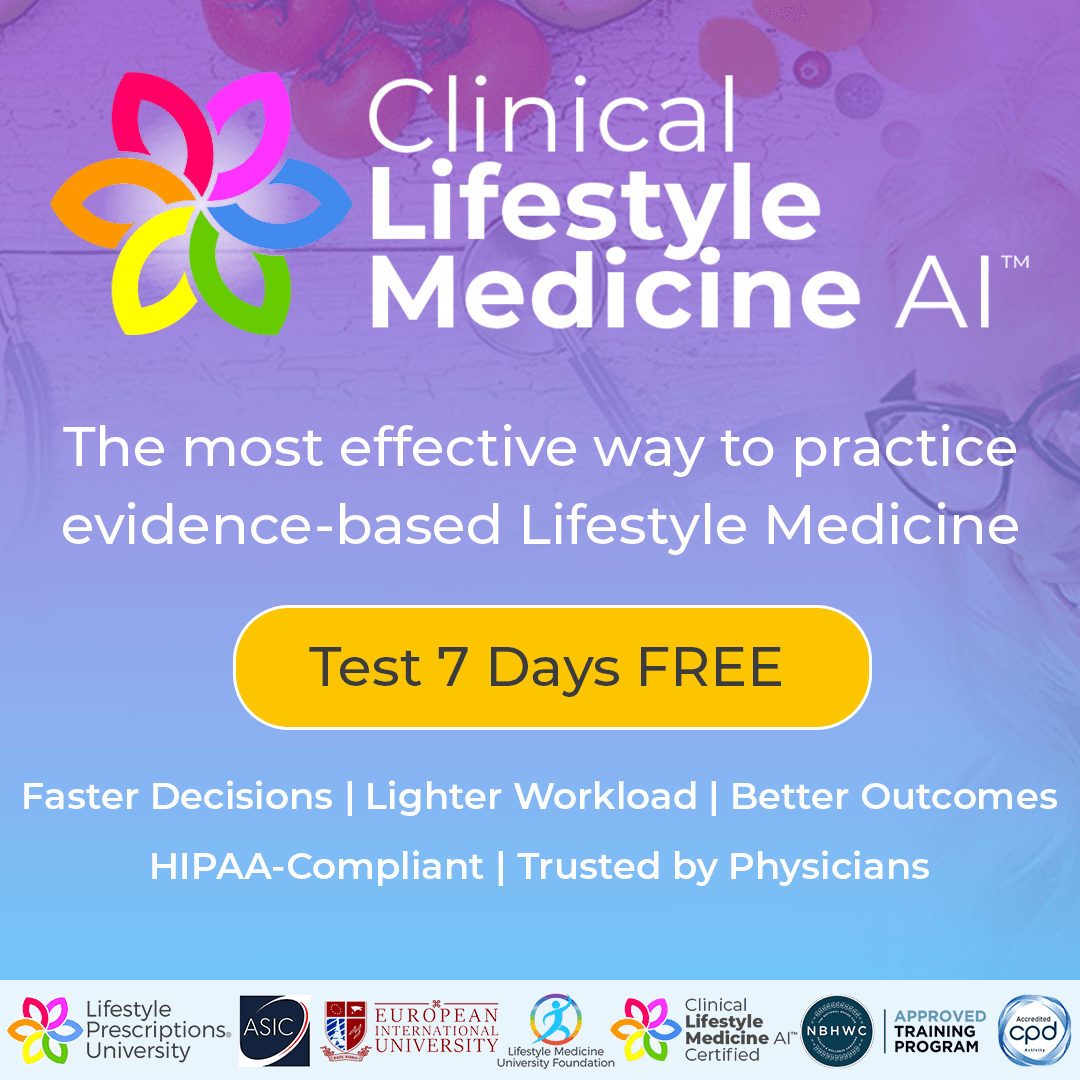The Ultimate Guide to Sleep and Its Role in Disease Prevention
We all know sleep is important. But beyond feeling good, did you know that achieving quality sleep is a cornerstone of disease prevention? In this ultimate guide, we'll delve into the science of sleep, explore its profound impact on your health, and provide actionable tips to optimize your sleep routine.
Why is Sleep So Crucial?
Sleep isn't just downtime; it's an active period where your body performs vital processes:
Cell Repair and Regeneration: During sleep, your body repairs tissues, rebuilds muscle, and replenishes cellular energy.
Hormone Regulation: Sleep plays a critical role in regulating hormones that control appetite, growth, and stress response.
Immune System Boost: While you sleep, your immune system produces cytokines that fight inflammation and infection.
Brain Detoxification: Sleep allows the glymphatic system to flush out brain waste products that accumulate during wakefulness.

The Link Between Sleep and Chronic Disease
Chronic sleep deprivation is a major risk factor for a plethora of chronic diseases. Let's examine some key connections:
Cardiovascular Health: Poor sleep increases blood pressure, inflammation, and the risk of heart attack and stroke.
Addressing deficits in sleep and chronic disease prevention in the area of heart health can be life-saving.
Diabetes: Skimping on sleep impairs glucose metabolism and insulin sensitivity, increasing the risk of type 2 diabetes. This connection highlights the importance of understanding sleep and chronic disease.
Obesity: Insufficient sleep disrupts hormones that regulate appetite, promoting overeating and weight gain. In turn, understanding sleep and chronic disease is important to manage weight.
Mental Health: Chronic sleep problems exacerbate mood disorders like anxiety and depression. The relationship between sleep and chronic disease is bidirectional here, as mental health issues can also disrupt sleep.
Alzheimer's Disease: Research suggests that sleep deprivation may accelerate the buildup of amyloid plaques in the brain, a hallmark of Alzheimer's. There is a growing body of evidence suggesting sleep and chronic disease may be linked.
Weakened Immunity: Prolonged lack of sleep compromises the immune system's ability to fight off infections, making you more susceptible to illness. Therefore, proper sleep and chronic disease prevention is essential for overall well-being.

Tips for Achieving Optimal Sleep
Now that you understand the crucial role of sleep, here are some practical strategies to improve your sleep quality:
Establish a Consistent Sleep Schedule: Go to bed and wake up at the same time every day, even on weekends, to regulate your body's natural sleep-wake cycle.
Create a Relaxing Bedtime Routine: Engage in calming activities like reading, taking a warm bath, or listening to soothing music to prepare your mind and body for sleep.
Optimize Your Sleep Environment: Make sure your bedroom is dark, quiet, and cool. Investing in blackout curtains, earplugs, or a white noise machine can be beneficial.
Limit Screen Time Before Bed: The blue light emitted from electronic devices can interfere with melatonin production, making it harder to fall asleep. Avoid using screens for at least an hour before bed.
Watch Your Diet and Beverages: Avoid caffeine and alcohol close to bedtime, as they can disrupt sleep. A light, healthy snack before bed can be helpful.
Regular Exercise: Physical activity can improve sleep quality, but avoid intense workouts close to bedtime.
Consider Melatonin Supplements: If you have trouble falling asleep, talk to your doctor about whether melatonin supplements are right for you.
Seek Professional Help: If you experience persistent sleep problems, consult with a healthcare professional to rule out any underlying medical conditions.

The Takeaway
Prioritizing sleep is an investment in your health and well-being. By adopting healthy sleep habits, you can significantly reduce your risk of chronic disease and live a longer, healthier life. Make sleep a non-negotiable part of your daily routine, and you'll reap the rewards for years to come.
© 2015-2026 Lifestyle Prescriptions® University. The terms Lifestyle Prescriptions®, Organ-Mind-Brain Anatomy™, and Root-Cause Health Coaching™ are worldwide trademarks of the Lifestyle Prescriptions® University and can only be used after completing qualifying training programs. Lifestyle Medicine WORKS™, Lifestyle Medicine Summit, HealthiWealthi™ are trademarks of Lifestyle Medicine University Foundation.
* This website and all LPU training programs are for educational purposes only. No medical diagnosis, therapy, or treatment is provided.










